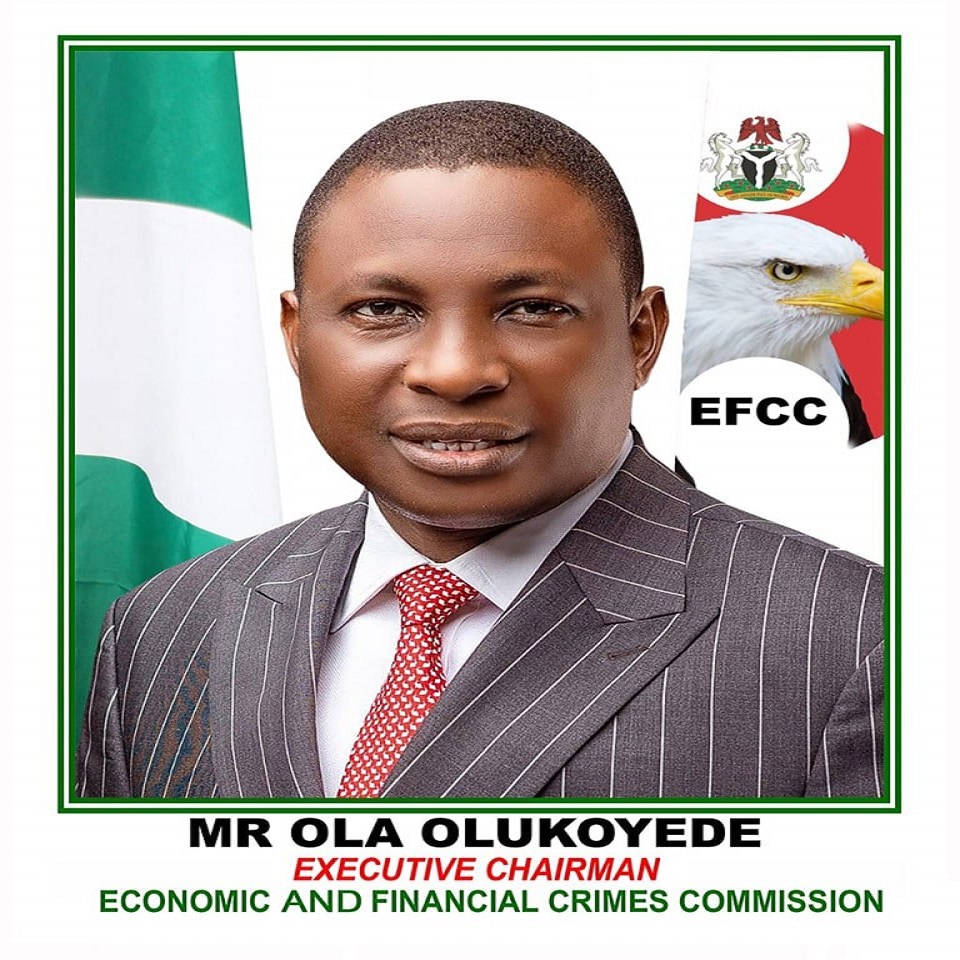Economic and Financial Crimes Commission (EFCC) has pledged to closely monitor local government activities to ensure good governance, accountability, and transparency. This initiative follows the recent Supreme Court judgment granting financial autonomy to local governments.
At a national dialogue organized by Agora Policy in Abuja on Monday, themed “Enthroning Accountability in Local Government in Nigeria,” the EFCC emphasized its commitment to scrutinizing local government operations.
Representing the EFCC Chairman, Friday Ebelo stated, “Good governance encompasses three essential elements: accountability, transparency, and citizen participation. For these elements to be effective, we need dedicated and development-minded individuals to manage local government administrations.”
The commission stressed the importance of ensuring that citizens feel the impact of governance in their daily lives, particularly in healthcare, education, and infrastructure development. The EFCC warned that “business as usual” would not be tolerated, signaling a renewed focus on holding local governments accountable for their actions.
Waziri Adio, founder of Agora Policy, highlighted the need for reform in rural government areas, stating, “Local government areas are the least trusted, least capacitated, and least interesting to the public.”
He noted that despite being expected to perform crucial functions, local governments are failing to meet expectations.
According to Adio, only 28% of citizens trusted local government administration, down from 58% in 2000, citing Afrobarometer’s 2008 survey.
Adio called for increased awareness, engagement, and accountability, emphasizing the need to involve people directly in decision-making. “We need to fix the broken representative government by involving people directly in decision-making,” he added.
Kole Shettima, Africa Director of the MacArthur Foundation, also emphasized the need for local governance reform. He recounted a conversation where a villager expected President Buhari to fix a local water issue, illustrating the unrealistic expectations placed on the presidency.
Shettima praised the Agora Policy Center for promoting policy conversations and acknowledged efforts by some local governments to involve citizens in decision-making.
Source: Punch
![]()





























































